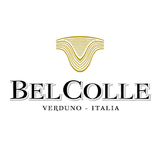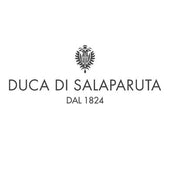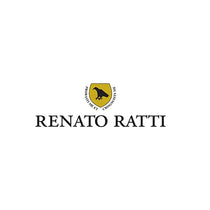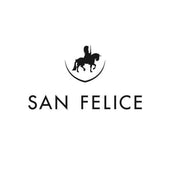
The history of wine: from ancient civilizations to the present day
Wine, which has always been a symbol of conviviality and culture, has accompanied humankind through centuries of evolution. From its birth in ancient civilizations to its present-day role in culinary and social traditions around the world, the history of wine is deeply intertwined with that of mankind.
In this article, we will explore the most significant stages in the history of wine, from ancient times to the present day, to understand how this beverage has gained a central role in our lives.
Le origini Of wine: ancient Mesopotamia
The earliest traces of wine production date back more than 6,000 years, in a region that today corresponds to modern Georgia, bordering modern Armenia and Iran.
The oldest evidence of winemaking has been found here: remains of earthenware jars with traces of grape seeds and fermentation residues. Wine production later spread to Mesopotamia and ancient Egypt, where the drink was considered sacred and used in both religious and social contexts.
In 3000 BC, the Sumerians and Egyptians began documenting wine making.. The Egyptians, in particular, associated wine with religious worship, especially that of the god Osiris, the lord of rebirth and vegetation. Wine was also drunk at royal banquets and offered as gifts to the gods.
The evolution of wine in Greek and Roman culture.
The Greeks played a key role in the spread of wine culture. They considered this drink to be a gift from the gods, particularly the god Dionysus, goddess of wine and fertility.
Wine was a pivotal element of Greek symposia, philosophical and convivial gatherings where political, cultural, and philosophical issues were discussed. The art of winemaking was being refined more and more, and wine was often diluted with water during meals to avoid excessive consumption.
The Romans also enthusiastically adopted wine culture, taking it to new levels of refinement. Wine became an essential element of life Roman daily life, not only among the upper classes, but also among the more modest classes.
It was thanks to the Romans that viticulture spread throughout Europe: Roman legions brought grapevines to the regions that today correspond to France, Spain, Germany and Britain. This marks one of the most crucial stages in the history of wine, as many of the grape varieties grown in Europe today are descended from those planted by the Romans.

The Middle Ages: wine and the church
During the Middle Ages, wine continued to play a role of primary importance, especially thanks to the contribution of the Catholic Church. Monks, particularly Cistercian and Benedictine monks, were among the main custodians and promoters of viticulture.
The monasteries owned vast tracts of land planted with vines and produced wine both for liturgical consumption (the Eucharist) and for sale. The monks perfected winemaking techniques and introduced new practices, such as the maturation of wine in wooden barrels, which significantly improved the quality of the final product.
During the Middle Ages, many of Europe's most famous wine regions, such as Burgundy and Bordeaux, began to develop, laying the foundation for the future wine industry.
The Renaissance and the Modern Age
With the Renaissance, wine became even more central to European life. Thanks to scientific and technological advances, winemaking techniques continued to improve. In France, Italy and Spain, many of the appellations of origin we know today developed, such as the Chianti, Barolo and the Champagne.
In the 17th century, the introduction of glass bottles and cork allowed wine to be stored for longer periods and with higher quality. This led to the emergence of new types of wine and the expansion of international trade.
During the colonial age, European settlers brought vines to the Americas, South Africa and Australia, contributing to the spread of wine production globally.
Wine today: a changing industry
Today, wine is one of the most consumed and loved beverages in the world. The main wine regions are still in Europe, with France, Italy and Spain dominating global production, but countries such as the United States, Australia, Argentina and South Africa have become major players in the world wine scene.
In recent decades, wine culture has experienced a veritable renaissance, thanks to a growing focus on quality, sustainability and innovation. Modern techniques, such as organic and biodynamic farming, are transforming the industry, responding to the growing demand for more natural and environmentally friendly wines.
Conclusion
The history of wine is a story of innovation, culture and tradition. From its ancient origins in Mesopotamia to today's variety of productions around the world, wine has always occupied a special place in human life. Today, thanks to continued advances in viticulture and winemaking, this beverage continues to be a symbol of excellence and conviviality.
If you are passionate about wine, discovering its origins and evolution can enrich your wine experience and offer you a broader perspective on this fascinating world.





























